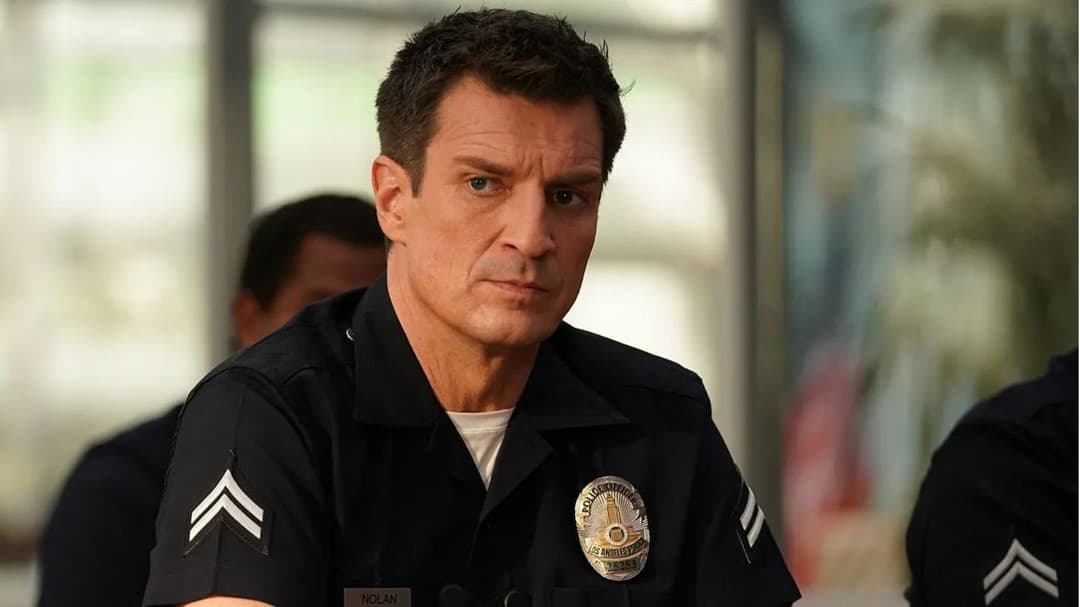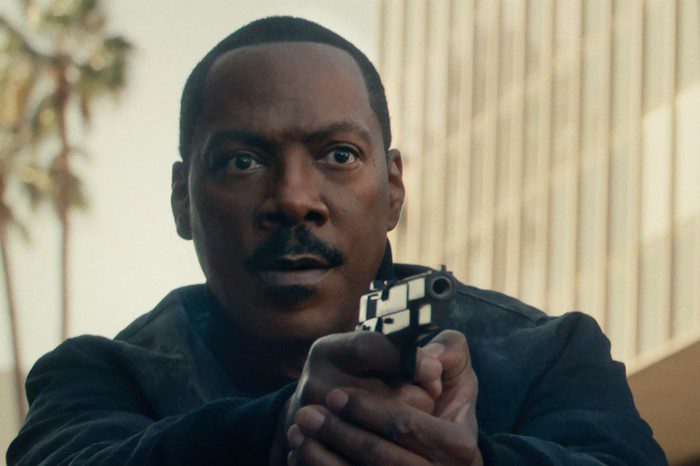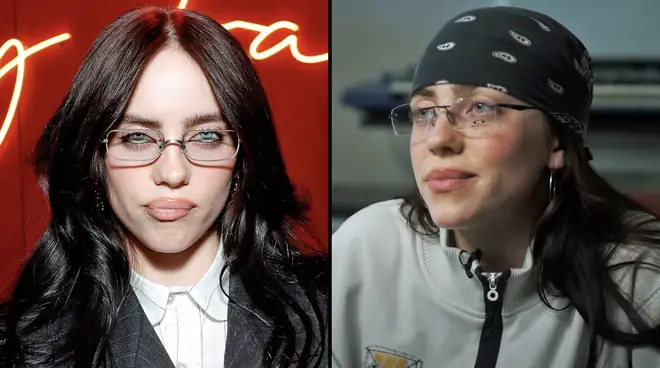Faye Dunaway on her candid new documentary, Bonnie and Clyde and Chinatown
Dunaway says Dorothy Faye always stuck with her and is always what she feels inside, but she wanted a public persona for this difficult profession. “Faye Dunaway is the public figure. She is the actress and what I put out into the world,” Dunaway said. “The real me is not part of the public thing, […]
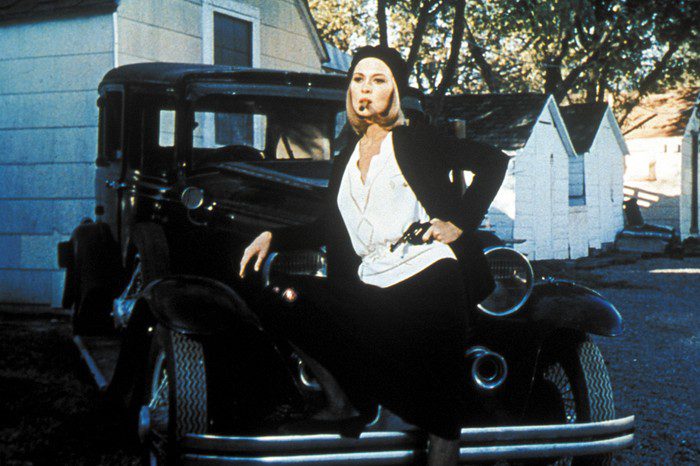
Dunaway says Dorothy Faye always stuck with her and is always what she feels inside, but she wanted a public persona for this difficult profession.
“Faye Dunaway is the public figure. She is the actress and what I put out into the world,” Dunaway said. “The real me is not part of the public thing, the real me feeds the public thing and nourishes it. It’s always there and cooking and it’s part of what I feel about myself, but Faye Dunaway is almost like a shell.”
The actress began her long and illustrious career in the 1960s with various Broadway productions. However, it wasn’t until her breakout role in Bonnie and Clyde that she became a Hollywood star.
More like this
The 1967 crime drama starring Warren Beatty and Faye Dunaway as the titular outlaws was an incredibly influential film in Hollywood history and became controversial for its graphic depiction of violence.
The film was indicative of the changing landscape of Hollywood, but Dunaway admitted that “no one knew how successful it would be” and that she didn’t feel the importance of the film at the time because she was “just doing her work as an actress. “.
Dunaway received a Best Actress nomination for this performance, and her career has gone from strength to strength, including roles in The Thomas Crown Affair and Chinatown.
Roman Polanski’s neo-noir thriller is widely considered one of the greatest films and celebrates its 50th anniversary this year.
The documentary delves into the behind-the-scenes of Chinatown that reflects the strained relationship between Polanski and Dunaway, as she admitted that “there was a lot of tension on set.”
In his autobiography, Finding GatsbyDunaway said: “Roman was very much an autocrat, always forcing things. It ranged from the physical to the mental. He was very controlling and abrasive and made it clear that he wanted to manipulate performance. This approach never worked with Me. “
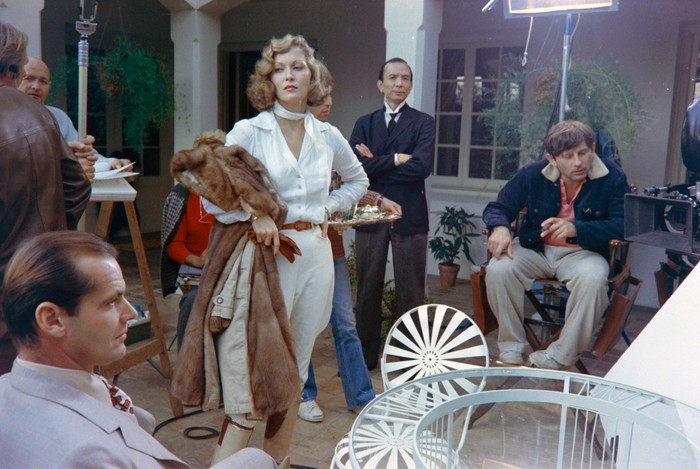
Dunaway has a fierce reputation in Hollywood as someone who is difficult to work with. However, the actress feels it is necessary as she strives for perfection in her performances.
“It’s part of the job. You have to do it the best you can and pay attention to every detail, that’s what makes it good and what makes it work,” Dunaway said. “That’s what I learned to do [Elia] Kazan and [Sidney] Lumet as I grew up in the business. You have to be a perfectionist and every detail is important.”
After Chinatown, Faye Dunaway quickly became one of Hollywood’s most recognizable stars and achieved a great level of fame. Dunaway enjoyed celebrity status to some extent, but admitted that she preferred to be more private.
“I don’t like being so public. It’s a champagne bubbly existence sometimes so it can be a bit dangerous and you shouldn’t get carried away with that.”
Dunaway played a number of strong, independent women throughout her career, including Diana Christensen in Network – for which she won the Best Actress award in 1977.
The actress said she felt obligated to play the role because “it was very important at that time” and “people didn’t want her to play that character”, but decided it was necessary to do so.
Diana Christensen was a hard-working programming executive for UBS Evening News and reflected the changing gender politics of the time as she held a position of power in a male-dominated industry.
Dunaway believes that her portrayal of strong female protagonists could have had an indirect influence on the MeToo movement, as her characters gave women a voice.
The release of films like Network and Bonnie and Clyde coincided with the second wave of feminism that occurred in the United States in the 1960s and 1970s. During this movement, women were given more voices and representation tradition of women in Hollywood has been turned upside down.
“The characters I played, the independent woman and the woman who has her own life, were at the heart of the movement. [I was] indirectly involved in my work,” Dunaway said.
Learn more:
Faye will come to HBO and Max in the US later this year, with UK launch details still to be confirmed.
Check out more of our movie coverage or visit our TV guide and streaming guide to find out what’s on. To hear more about TV’s biggest stars, listen to The Radio Times podcast.

